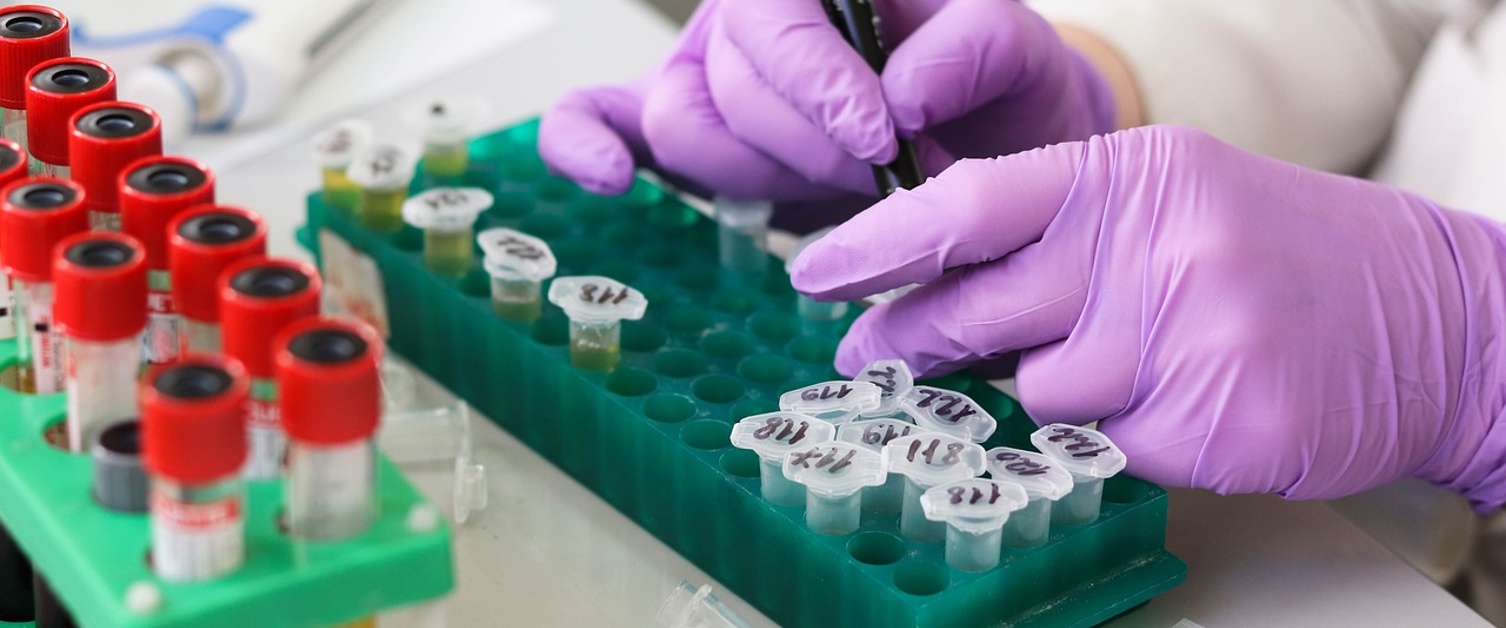Driving improvement in cellular pathology

3 December 2024
Improvement Cymru and vehicle manufacturer Toyota expand their work to drive down the time between suspicion of cancer and treatment.
Cellular pathology teams in Cardiff and Vale University Health Board (CAVUHB), Cwm Taf Morgannwg University Health Board (CTMUHB) and Hywel Dda University Health Board (HDUHB) will be working to reduce cancer diagnosis time for patients in Wales using lean methodology.
Improvement through the phases
Since October 2022, more than 100 staff across NHS Wales have completed training in Toyota’s version of lean methodology, the Toyota Production System (TPS). Participants were made up of seven multi-disciplinary teams (MDTs) across Aneurin Bevan University Health Board (ABUHB), Betsi Cadwaladr University Health Board (BCUHB) and Swansea Bay University Health Board (SBUHB). This work was part of the Suspected Cancer Pathways project, which was funded by the National Strategic Clinical Network for Cancer and implemented in partnership with Toyota.
Through a phased approach, staff took principles from TPS to increase the pace and reliability of the early diagnostic stage of the cancer pathway. Diagnostic elements of the pathways are pivotal in often delaying a decision to treat, impacting patient wellbeing and clinical outcomes, so it was prudent to start with this stage.
The first two phases concentrated on the first 28 days of the cancer pathways for Lower Gastro-Intestinal (GI), Urology, Gynaecological and Lung cancers, which covers point of suspicion to decision to treat. Areas including referral management and diagnostic access were reviewed.
Phase three saw the project expand its focus in cellular pathology, an area with processes that most resemble those of a manufacturing plant. Visual management, standardisation and 5S were areas of focus that had commonality across the three cellular pathology labs.
Staff were supported by colleagues from Improvement Cymru on developing and testing their change ideas through a peer learning approach.
Helping us hit the ultimate target of reducing waiting time
Dominique Bird, Interim National Director for Quality, Safety and Improvement, said: “There were many improvements observed within different health boards as a result of the work. One health board looking at Lower GI cancer reduced the time it takes for a person to be informed if they have cancer from their first outpatient appointment by 15 days. Another health board halved the time it takes for patients with an urgent suspected cancer (USC) referral to be booked in for an MRI scan.
“We also had one health board apply 5S methodology to a Urology one-stop clinic so staff now spend just over 17 minutes per week on stock control compared to the previous two plus hours, shortening clinical procedure time.
“The work that took place across selected cellular pathology labs resulted in patients’ samples being processed more quickly. One lab reported the potential to process over 500 samples a day as tissue transfer processing time had more than halved and errors in dissection had also halved.
“It’s encouraging to see so many improvements implemented in labs and health boards across Wales thanks to the work we have supported with Toyota. This work is helping us hit the ultimate target of reducing waiting time for patients with suspected cancer. We look forward to working with even more teams across Wales to spread and scale these developments and discover even more improvements that can be made within the system”, added Dominque.
The first of its kind in Wales
Thanks to teams proving that lean methodology can be beneficial within cellular pathology, this approach - known as phase 4 - is being rolled out to the other three cellular pathology labs in CAVUHB, CTMUHB and HDUHB. Our next step is to form a first of its kind All-Wales Cellular Pathology Collaborative.
Collaboratives have been used for improvement in healthcare for over 20 years worldwide. A collaborative is a learning model that creates a structure for organisations to easily learn from each other and from recognised experts in topic areas where they want to make improvements.
It is hoped that the 12-month collaborative will demonstrate the importance of cellular pathology as part of the diagnostic stage of the Suspected Cancer Pathway. This includes optimising the management of people living with cancer and the 'worried well' who can deteriorate and suffer harm when delays occur in their diagnosis.
We will continue to update on our work on the collaborative, and our work on the cancer pathways, on our website.